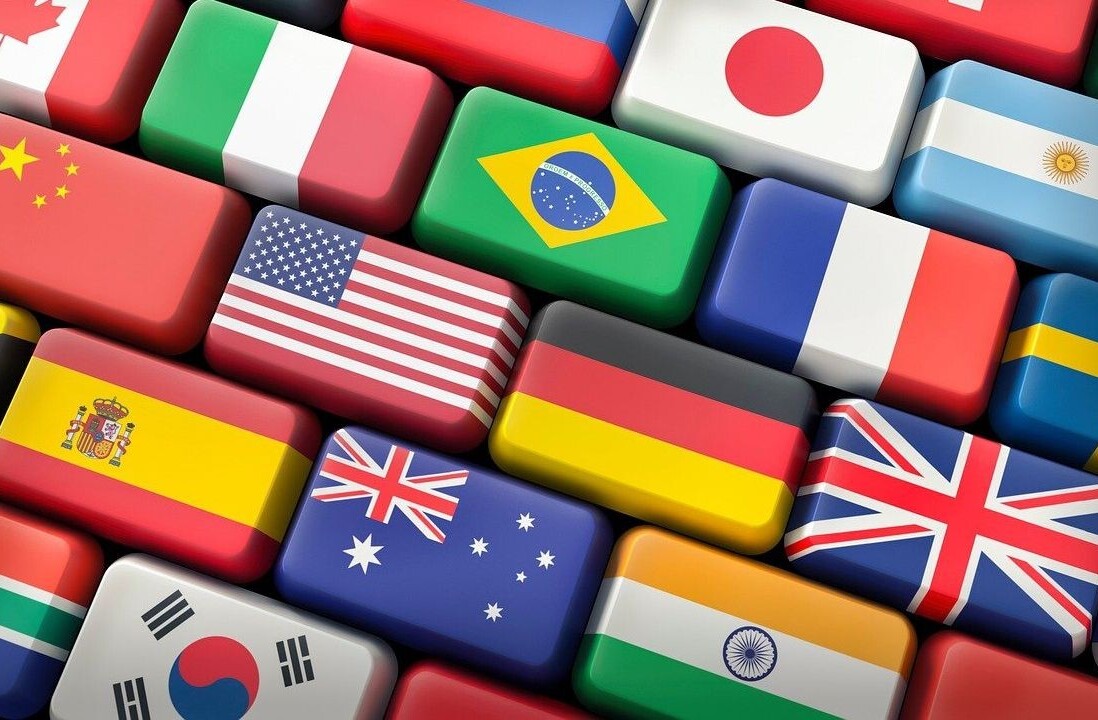
Whilst 22 European countries may have already signed the Anti-Counterfeiting Trademark Agreement (ACTA), one of Europe’s biggest economies — Germany — will hold off signing the treaty after officials said it would wait for an EU parliamentary decision before moving ahead.
Techdirt tipped us to a Speigel Online report which states that Germany’s Department of Justice decided to hold off its decision to enter the agreement, with Justice minister Sabine Leutheusser-Schnarrenberger stating that it would wait until on the “online and offline” public debate on the new treaty had been concluded.
ACTA is a voluntary agreement between nations that covers a wide range of counterfeit goods, both physical and digital. However, it has stirred up controversy for both the secretive ‘behind-closed doors’ way in which it was drafted, and the effect it could have on our online lives.
ZDNet lists facts, misconceptions and questions about the act, detailing what consumers can expect if the treaty is ratified.
The EU must now decide whether it needs ACTA and wants [it]” said Leutheusser-Schnarrenberger. “This must be approved by the European Parliament only once. All controversial issues are being discussed at European level and must now be answered.”
Germany joins Latvia, Poland and the Czech Republic in pulling its support for ACTA, with Slovenia’s Ambassador to Japan making a quite incredible apology after she signed the ACTA agreement on behalf of the European country.
The announcement comes at an important time, especially given that tomorrow (February 11) will see an international day against ACTA. It isn’t likely that Germany’s decision to hold off signing the agreement is a direct result of the protest but it may certainly have had officials talking about its impact.
Given the response the SOPA and PIPA acts saw in the US, it appears some politicians are paying attention to online opinions, waiting for questions to be answered before anything is signed.
Get the TNW newsletter
Get the most important tech news in your inbox each week.





